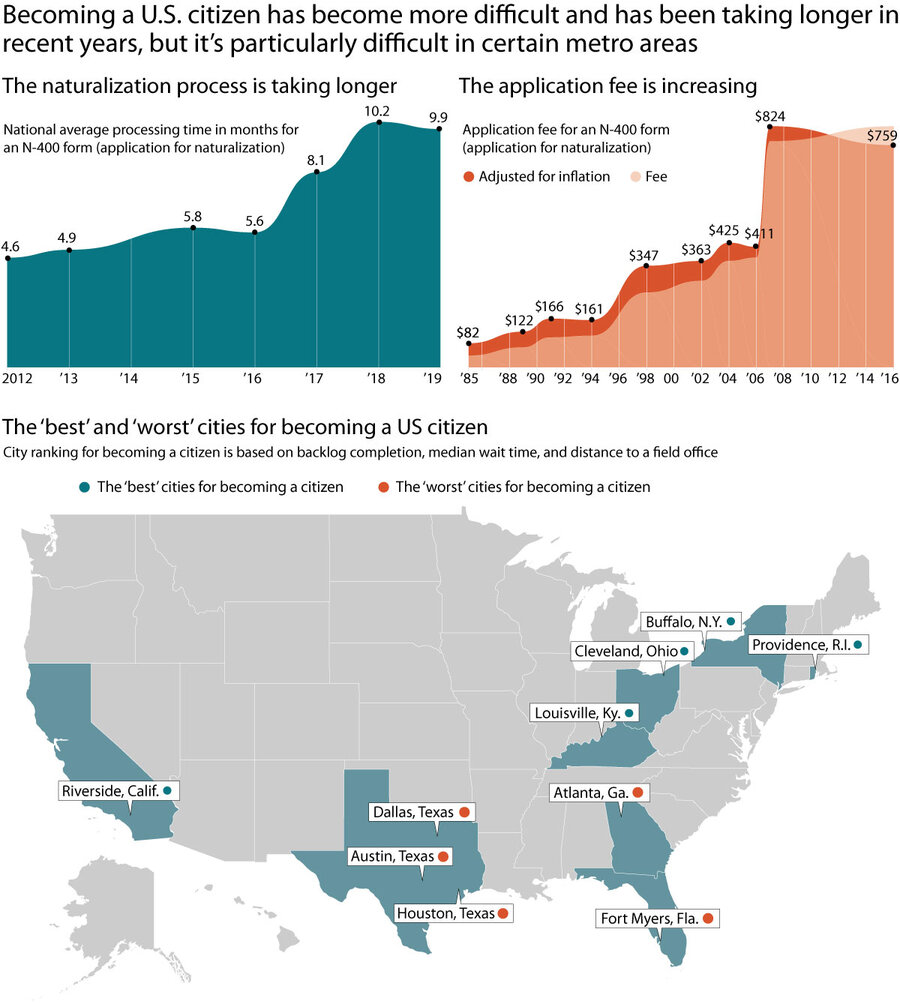Terrorism isn’t born just of religious fanaticism. It breeds in lack of opportunity and despair. That is why we visited Mosul, Iraq. Residents say that, nearly two years after the city’s liberation from ISIS, they need fresh reasons to hope.
Monitor Daily Podcast
- Follow us:
- Apple Podcasts
- Spotify
- RSS Feed
- Download
 Mark Sappenfield
Mark Sappenfield
It might just be that economics is getting a heart. In recent years, we’ve seen dramatically what can happen when economics ignores the heart. We’ve seen the world remade by the promises of globalization, which to economics looks like a gigantic win: more wealth generated, fewer people in poverty, greater interconnection.
Yet while all those things are unequivocally true and positive, they also skate over the disruption to human lives: jobs lost to big cities or other countries, downtown storefronts shuttered, rural communities weakened.
Did any of that matter? Not really, economists said. The net benefits outweighed the cost. The calculus wasn’t even close, truth be told. So we went headlong into globalization. But the explosion of political upheaval in the West – not to mention rising inequality in many nations worldwide – is now forcing a rethink. Perhaps overlooked in the economic calculus was the value of humanity itself.
In his new book, “The Third Pillar,” economist Raghuram Rajan argues that communities matter. Along with the state and markets, they undergird society, and when community is weakened, society falters even if the overall economic picture is improving. Without the essential variable of human warmth, it seems, even the most compelling economic calculations end up incomplete.
Now on to our five stories today. We look at why Russia loves Putin the Great Builder, what a Maine town tells us about the future of food, and how an unusual tradition tells a deeper story about the people of the Persian Gulf.











